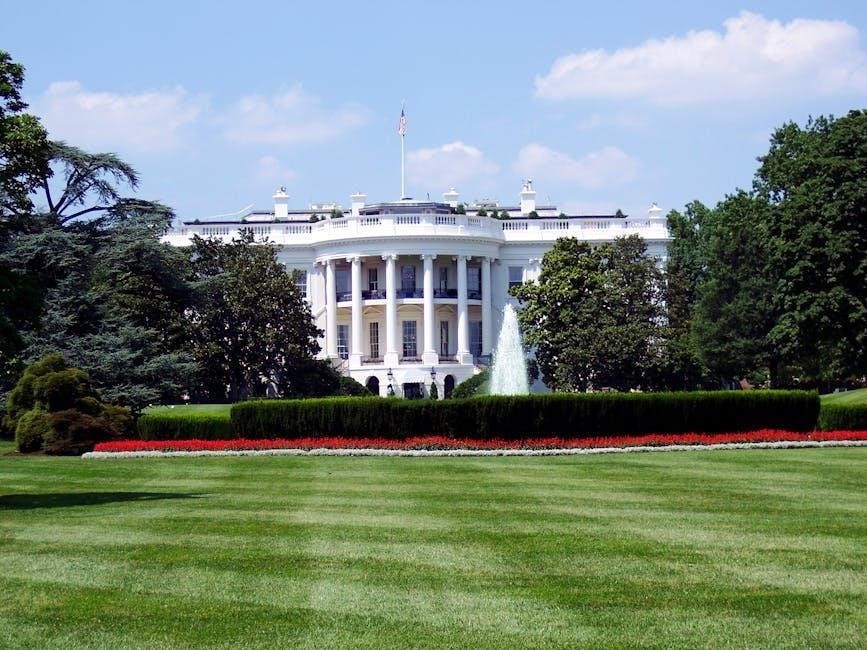The concept of government is fundamental to understanding how societies organize and function. Through resources like the iCivics Answer Key PDF, educators and students explore the origins, purposes, and structures of government. This topic is essential for civic education, as it equips individuals with the knowledge to engage meaningfully in democratic processes. The Why Government? lesson by iCivics introduces key ideas such as the social contract, core democratic values, and the role of citizens in shaping governance. By examining philosophers like Thomas Hobbes and John Locke, students learn how historical theories influence modern governmental systems. The importance of transparency, accountability, and the rule of law are also highlighted, emphasizing the balance between individual freedoms and collective security. This section provides a foundational understanding of why governments exist and their role in maintaining order and promoting the common good. It sets the stage for deeper exploration of philosophical underpinnings and practical applications of governance.
Philosophical Foundations
The study of government is deeply rooted in philosophical ideas that have shaped human understanding of authority, rights, and societal organization. The iCivics Answer Key PDF provides a comprehensive overview of these foundational concepts, tracing their evolution from ancient thinkers to modern political philosophers. Central to this discussion are the works of Thomas Hobbes and John Locke, whose theories on human nature and governance laid the groundwork for contemporary democratic systems.

Thomas Hobbes, a 17th-century philosopher, argued that human beings are inherently self-interested and that, without a central authority, life would be “solitary, poor, nasty, brutish, and short.” In his seminal work, Leviathan, Hobbes proposed the idea of a social contract, where individuals surrender some of their freedoms to a strong, centralized government in exchange for protection and order. This philosophy emphasizes the role of government as a necessary institution to maintain stability and prevent chaos. Hobbes’ ideas are particularly relevant in discussions about the limits of government power and the trade-offs between individual liberty and collective security.
In contrast, John Locke offered a more optimistic view of human nature, asserting that individuals are born with inherent rights to “life, liberty, and property.” Locke’s philosophy, outlined in his Second Treatise of Government, posits that government derives its authority from the consent of the governed. He argued that individuals enter into a social contract voluntarily, and if the government fails to uphold its end of the bargain by protecting their rights, the people have the right to alter or abolish it. Locke’s ideas were instrumental in shaping democratic thought, particularly in the context of the American Revolution and the creation of the U.S. Constitution.
These philosophical perspectives are not merely historical relics; they continue to influence contemporary debates about the role of government. For instance, discussions about the balance between national security and civil liberties often echo Hobbesian concerns about order and protection. Similarly, arguments for limited government and individual freedoms reflect Locke’s emphasis on natural rights and the importance of consent.
The iCivics Answer Key PDF also highlights the importance of transparency and accountability in governance, principles that align with the philosophical underpinnings of democracy. By examining these foundational ideas, students gain a deeper understanding of why governments are structured in particular ways and how they reflect broader societal values. This knowledge is essential for fostering informed and active citizenship, as it empowers individuals to critically evaluate the role of government in their lives and the lives of others.

Purpose of Government
The purpose of government is a fundamental question that has been explored by philosophers, policymakers, and educators alike. Through resources like the iCivics Answer Key PDF, students and educators delve into the essential functions of government and their significance in maintaining orderly societies. At its core, government serves as a system of rules, institutions, and processes designed to ensure the well-being and security of its citizens. This section explores the primary objectives of government, drawing on the insights provided in the Why Government? lesson and related materials.

One of the primary purposes of government is to maintain order and stability within society. Without a governing body, societies would lack the structure needed to address conflicts, enforce laws, and protect individuals from harm. The concept of the social contract, as discussed in the iCivics Answer Key PDF, highlights the idea that citizens relinquish some freedoms in exchange for the government’s commitment to maintaining order and security. This balance between individual liberties and collective safety is a cornerstone of effective governance.
Another critical function of government is to protect the rights and freedoms of its citizens. Democratic governments, in particular, are founded on the principle that individuals are entitled to certain inalienable rights, such as life, liberty, and the pursuit of happiness. The iCivics Answer Key PDF emphasizes the importance of these rights and the role of government in safeguarding them. By establishing laws and institutions that uphold these values, governments ensure that citizens can live freely and without fear of oppression.

Equally important is the government’s role in promoting equality and justice. While the concept of equality is often associated with modern democratic values, it has historical roots in the philosophical ideas of thinkers like John Locke. The iCivics Answer Key PDF highlights how governments are responsible for creating systems that ensure fairness and equal opportunities for all citizens. This includes everything from enforcing anti-discrimination laws to providing public services that support marginalized communities. By striving for equality, governments help create a more inclusive and equitable society.
In addition to these roles, governments are tasked with providing public goods and services that benefit society as a whole. Infrastructure, education, healthcare, and national defense are just a few examples of the essential services that governments oversee. The iCivics Answer Key PDF explains how these services are funded through taxes and are designed to meet the needs of the population. Without these collective efforts, individuals would struggle to access the resources and support necessary for their well-being.
The government also plays a crucial role in regulating economic activity to promote prosperity and stability. By establishing policies that guide trade, commerce, and financial systems, governments can foster economic growth and protect citizens from exploitation. The iCivics Answer Key PDF underscores the importance of these regulations, noting that they help create a fair marketplace where businesses and individuals can thrive. At the same time, governments must balance economic interests with social welfare to ensure that growth benefits all members of society.
Finally, the purpose of government extends to representing the interests of its citizens on the global stage. Through diplomacy, treaties, and international agreements, governments work to maintain peaceful relations with other nations and address global challenges such as climate change, poverty, and human rights abuses. The iCivics Answer Key PDF highlights the importance of these efforts, emphasizing that governments must act as responsible stewards of the global community while advocating for the needs and values of their own citizens.




